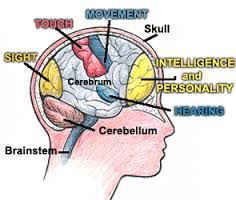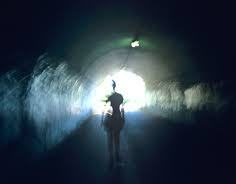 www.cyh.com
www.cyh.com A study carried out on dying rats found high levels of brainwaves at the point of the animals' demise. Poor little rats. What they go through for science.
The research, published in the Proceedings of the National Academy of Sciences, said that, in humans, the surge could give rise to a heightened state of consciousness. Rather than inactive, the brain is much more active during the dying process than even the waking state. However, scientists confess to know precious little about brain activity during death, let alone conscious brain activity. Brain activity in rats during cardiac arrest is a very different thing than human near-death experiences.
 www.popsch.com
www.popsch.com Near death experiences were defined by the University of Kentucky researchers as a time during a life-threatening episode when a person undergoes an out-of-body experience, unusual alertness or sees an intense light or feels a great sense of peace.
The findings suggest that REM state intrusion contributed to near death experiences.
 www.huffingtonpost.com
www.huffingtonpost.com Some think near-death experiences show the spirit and body can be separated. Others claim an oxygen deprivation, or blame a cascade of chemicals in the failing brain. Some believe a transforming near-death experience reveals the existence of God or heaven. People say they're more empathic, they changed jobs, they're giving, and they want to help the planet. If they alter aspects of their life, there must be something more concrete occurring than a dream state.
What causes the surge of activity after the heart stops beating? I can't see the point if the body is virtually dead. Seems to me, this is the question scientists should be asking. "Why is it so?'

 RSS Feed
RSS Feed






